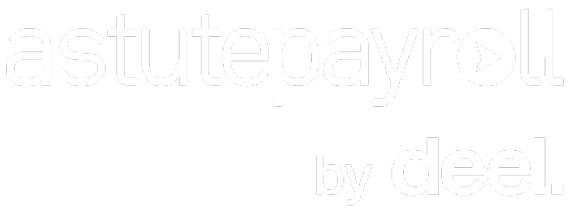What Is Local Search Marketing?
Local search marketing involves enhancing a local business’s online search visibility. A local business refers to any business that serves customers face-to-face through a physical storefront or by offering services at customers’ locations within a specific area.
Importance of Local Search Marketing
Local search marketing is important because your customers are highly likely to search online for the services or products you offer.
Consider these statistics:
- 30% of all mobile searches are location-related.
- “Where to buy” + “near me” mobile queries grew by over 200% from 2017–2019.
- Mobile searches for “store open near me” (e.g., “grocery store open near me”) increased by over 250% from 2017–2019.
Most importantly, people performing these searches aren’t just browsing—they’re ready to buy. In fact, 76% of people who search for something nearby on their smartphone visit a business within a day, and 28% of those searches result in a purchase.
Best Practices for Local Search Marketing
To make the most of local search marketing, it’s very important to know and implement best practices. While there are many ways to optimise for local search, here are a few key strategies to get you started:
1. Conduct Local Keyword Research
Local keyword research helps you identify your customers’ terms and phrases when searching for your services (this allows you to optimise your online presence).
Begin by listing all your services and use a keyword research tool like Afhrefs’ Keywords Explorer to gauge their popularity. Although search volumes might show national data, this will still give you a solid idea of what to focus on for local optimisation. You can also explore related services using the tool’s “Matching Terms” report, which can help you create targeted landing pages for specific services. These pages increase your chances of appearing in relevant local searches.
Recommended Reading: Keyword Research for SEO
2. Optimise Your Google Business Profile
Having a Google Business listing is key if you want to show up in Google Maps and the Local Pack. You can create, claim, and manage your listing through Google My Business for free. Ensure all the information—such as your name, address, phone number (NAP), operating hours, and website—are accurate and up to date.
Recommended Reading: How to Setup Google My Business Profile in 2024
3. Obtain Relevant Citations
Citations refer to online mentions of your business’s NAP details, typically found in business directories (Even though their importance has decreased in recent years, they remain valuable for local SEO).
Start by listing your business with large data aggregators (specific to your country). These aggregators distribute your business information across numerous smaller websites. Additionally, consider other platforms like Bing, Apple Maps, Facebook, Yelp, Yellowpages, and industry-specific or local directories.
To find opportunities for local citations, you can use a tool like Ahrefs’ Site Explorer to check which websites link to your competitors but not to your business. If relevant, submit your business to these directories, ensuring your NAP details are consistent across all listings.










